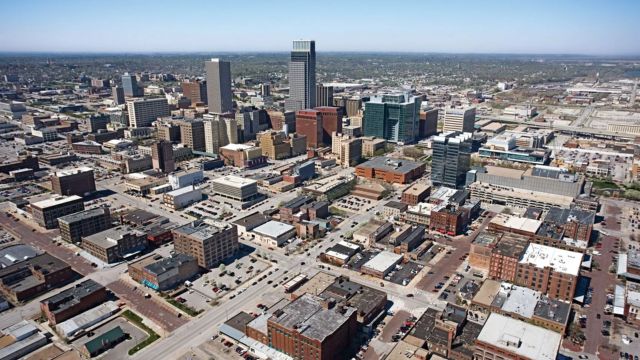Chicago, sometimes referred to as the Windy City, is well-known for its skyscrapers, sports teams, deep-dish pizza, and culture. But it’s also become well-known for something else: corruption. According to recent research from the University of Illinois at Chicago, Chicago is once again the most corrupt city in the country.
Recognizing Corruption
The abuse of public authority for one’s benefit is known as corruption, and it can take many different forms, such as money laundering, nepotism, fraud, and bribery. It damages the common good, wastes resources, erodes public confidence and undercuts the rule of law.
The Level of Corruption in Illinois
From 1976 to 2018, federal corruption convictions per capita are highest in Chicago. It outpaces other cities like Los Angeles and New York with 1,750 convictions. Illinois is ranked third among states, after Washington, D.C., and Louisiana.
Chicago’s Corruption: Factors At Play
The widespread corruption in Chicago is caused by several factors:
Historical Roots: Chicago’s history of corruption dates back to the 19th century and is typified by gang dominance, political machinery, and notorious occasions like the Prohibition era and the suspected manipulation of the 1960 presidential election.
Cultural Influence: Diverse ethnic and racial conventions, media portrayals, and established corruption all contribute to the formation of a culture that shapes opinions on corruption and its acceptance.
Problems with the structure: Corruption is sustained by a weak supervision system a robust mayor and a smug municipal council. Investigational difficulties for state and federal agencies are frequently brought on by understaffing, underfunding, or internal corruption.
Resulting from Chicago’s Corruption
Chicago’s corruption has an impact on the environment, society, and economy:
- The economic costs of corruption are estimated to be $500 million a year and include inflated contracts, squandered initiatives, lost revenue, and litigation expenditures.
- Social Impact: It has an impact on the standard of public service, encourages unfairness and inequality, and develops citizen cynicism and disinterest in politics.
- Environmental Damage: Investments in green projects are hampered and environmental restrictions are made easier to break, which hurts public health and natural resources.
Chicago’s War Against Corruption
In Chicago, we may address corruption by:
- Reform: Incorporate transparency, checks and balances, and public involvement in the political process.
- Education: Establish whistleblower protection programs, offer ethics training, and increase public knowledge of the origins and remedies of corruption.
- Enforcement: bolster state and federal authorities’ capabilities and collaboration while enacting harsher sanctions for unethical actions.
In summary
Given that Chicago is the most corrupt city, something needs to be done. Chicago can tackle corruption, repair its reputation, and establish itself as a model of responsible governance and civic virtue via means of political change, education, and law enforcement.


